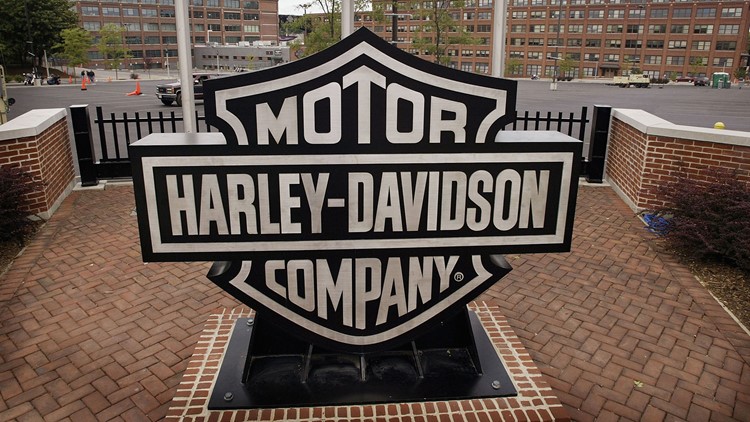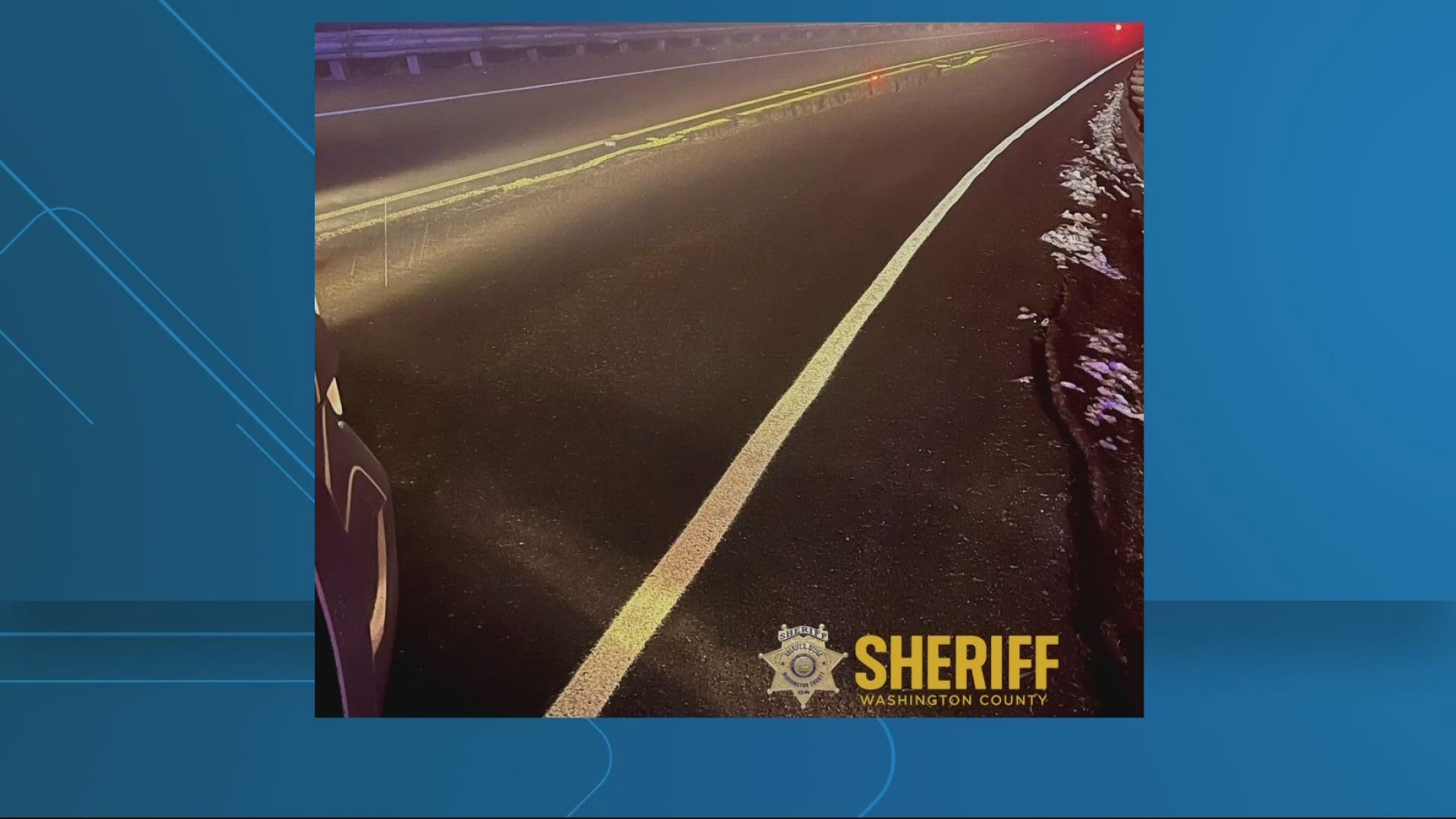Harley-Davidson workers across the USA are reeling after a new report revealed a plant closure and layoffs were planned as the company expected to reap huge financial benefits from the federal corporate tax cut.
The Milwaukee-based motorcycle manufacturer benefited from the tax cuts enacted Jan. 1, announced cuts of 350 jobs across the company in late January and on Feb. 5 approved a half-cent dividend increase and buyback of up to 15 million shares.
“We did everything Harley-Davidson asked us to do,” welder Tim Primeaux said in an NBC News interview that aired Wednesday. “To have it all blow up in your face is kind of disappointing.”
Primeaux has worked at Harley-Davidson's plant in Kansas City, Missouri, for 17 years.
When Harley-Davidson announced in January that it would slash 800 jobs upon closing the Kansas City plant by fall 2019, Primeaux said he and other workers were in a state of "shock and awe."
“It was like I was in a bad dream, just stuck in it," Primeaux told the network.
In May 2017, Harley-Davidson had announced it was adding 118 workers at its Kansas City plant to consolidate Softail cruiser motorcycles and laying off the same number of workers at its Springettsbury Township facility near York, Pa.
Now with the Kansas City closure, 450 full-time, casual and contractor positions will be added at in Pennsylvania, yielding a loss of 350 jobs overall.
Days after it announced the plant closure, the company announced the dividend increase that would cost the company about $846,000 and the stock buyback plan that was another expense of $696 million at the time, both to benefit shareholders. That came on the heels of the company's corporate tax cut from 35 percent to 21 percent and its previous announcement last year that a new motorcycle assembly plant in Thailand would open in late 2018.
The company maintains that the dividend increase and stock buyback are unrelated to the tax savings and the Bangkok plant is unrelated to the Kansas City closure.
Harley-Davidson has said closing the Kansas City plant was a tough decision but necessary because U.S. sales are down and the company needed to address excess capacity.
Rick Pence, who has worked at the Kansas City plant for 21 years, isn't buying that.
"They are sending our jobs overseas. Absolutely," Pence, a machine repairman, said to NBC News.
Milwaukee-based Harley has similar operations in India and Brazil, where complete motorcycles are assembled from kits. The Thai tariff on motorcycles assembled in the United States is about 60%, according to Harley.
“By opening this plant, we expect our regional (Asian) operations to help reduce those costs,” Harley spokeswoman Katie Whitmore said last year.
Company executives were asked multiple times what it would take to keep the plant in Kansas City, according to Kevin Amos, president Local Lodge 176 of the International Association of Machinists and Aerospace Workers whose members work at Harley-Davidson's Kansas City plant. He also has worked 17 years for the bike maker.
He said he was under the impression workers were doing everything to keep the company in Missouri.
“We thought we had met the mark. Clearly we didn’t,” Amos said.
The workers agreed they have loved working for Harley-Davidson, and Pence said he felt like he had won the lottery when he got hired.
Primeaux still is holding hope company leaders will change their minds and keep the plant open in Kansas City — not just for himself, but for his three daughters.
“If my girls want to work there, it’s a good place to work,” he said to NBC News.
When Harley-Davidson received news of the tax cut in September, House Speaker Paul Ryan said reform meant companies like Harley would be able to keep jobs in America.
In January, a CNBC survey of the 100 largest companies by market capitalization determined that's not happening, and only 10 of those companies said they planned to use the tax savings to boost worker pay. Harley, part of the S&P 500, is not in the S&P 100.
But Primeaux isn't holding the survey results against Congress or President Trump.
“I blame the company more than I blame the president," he said.



